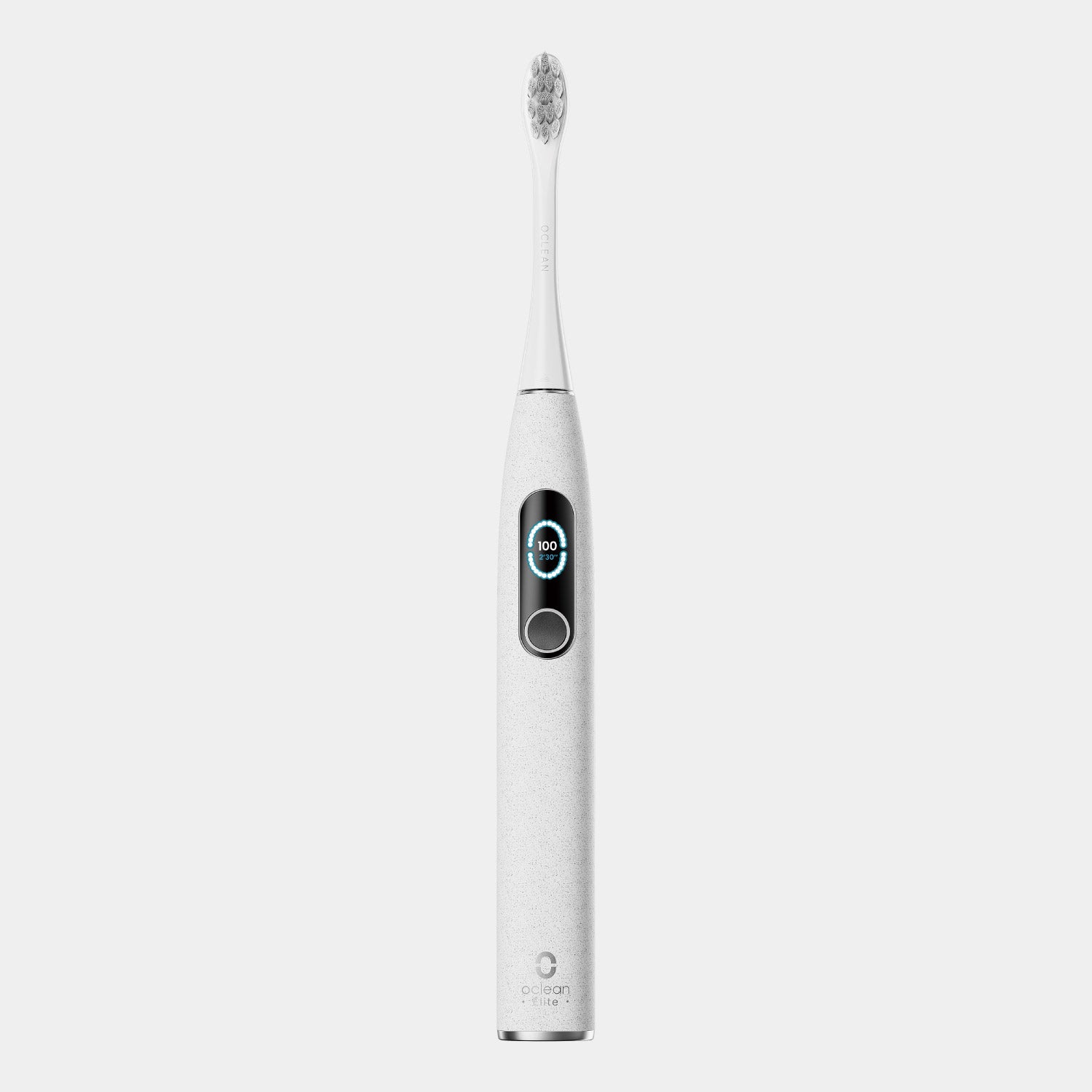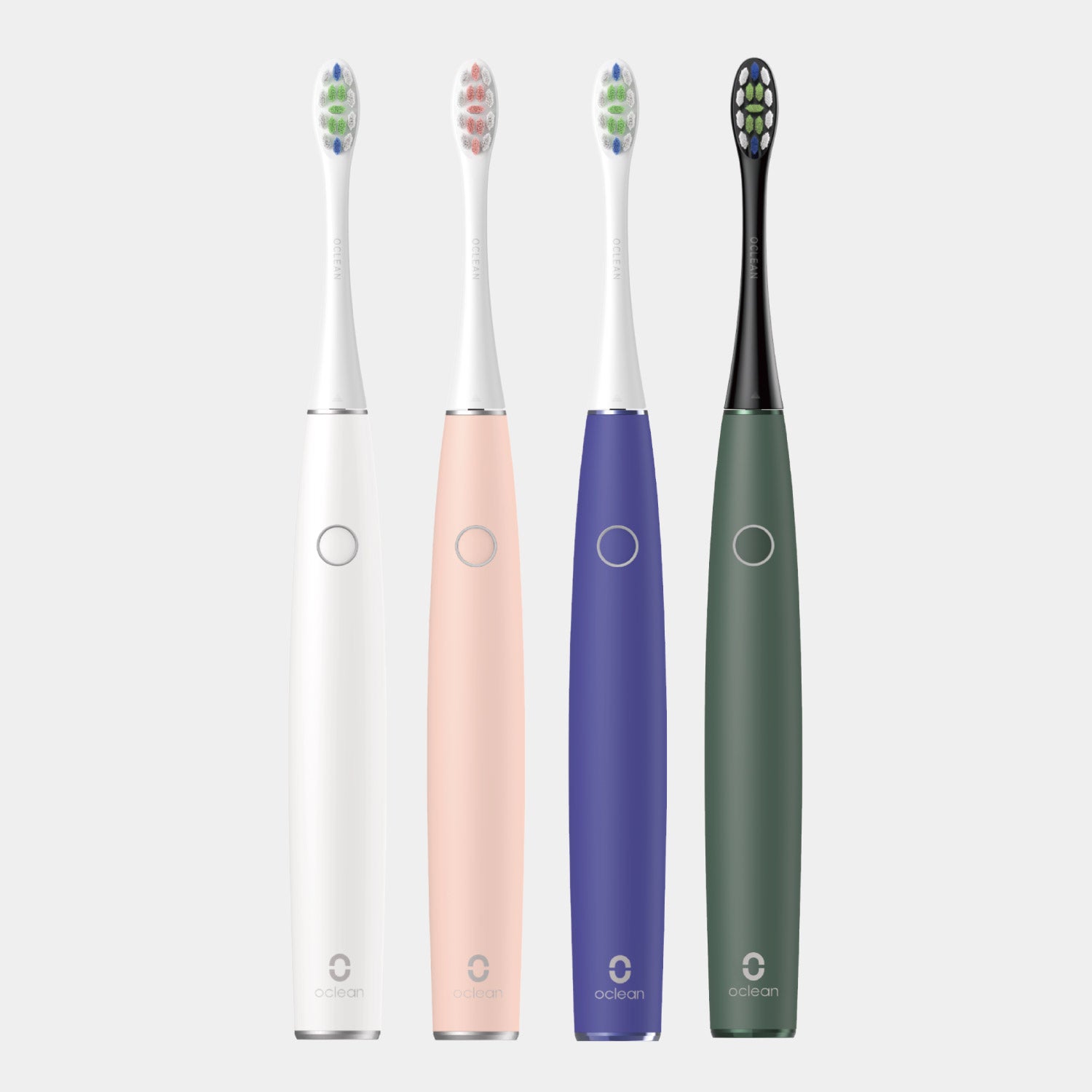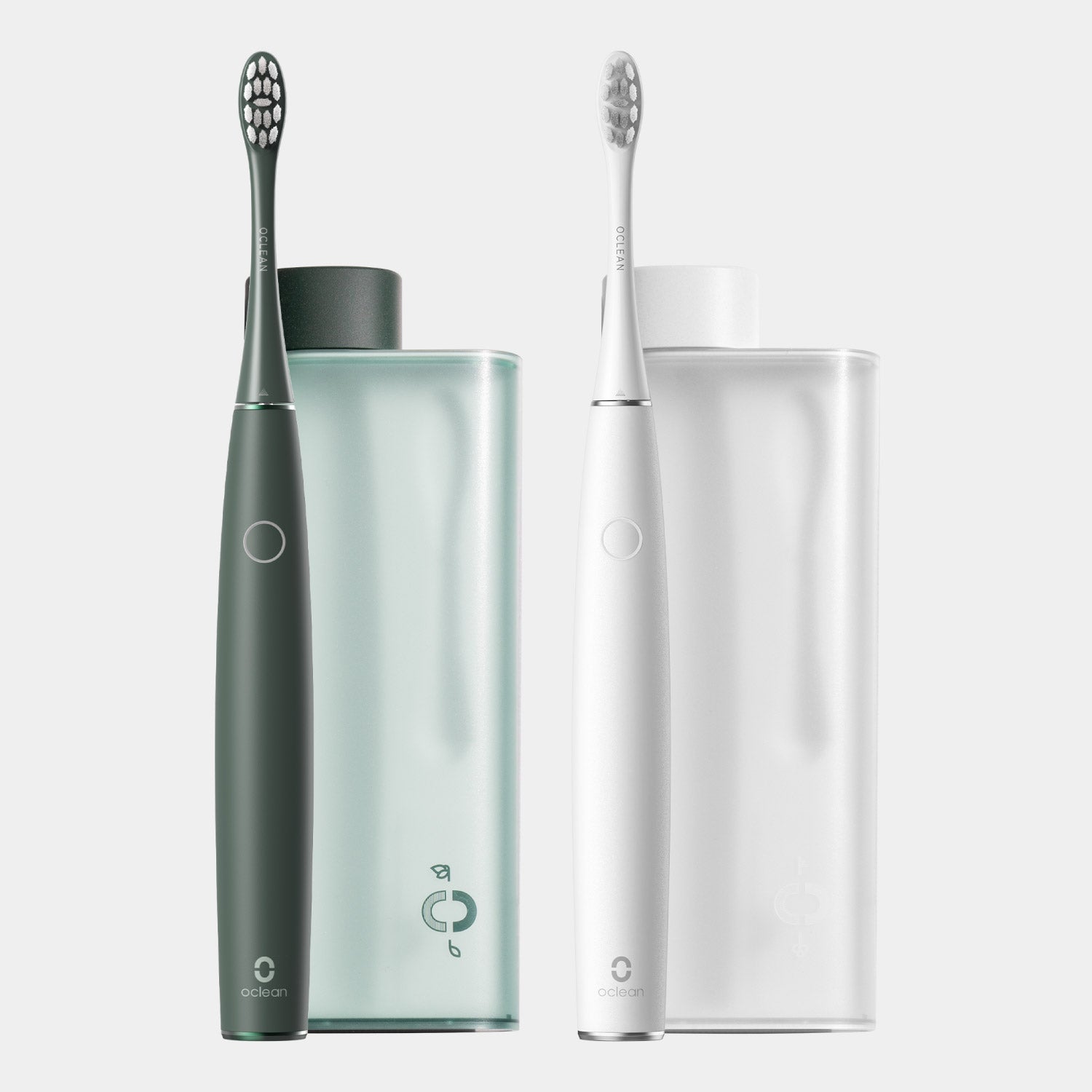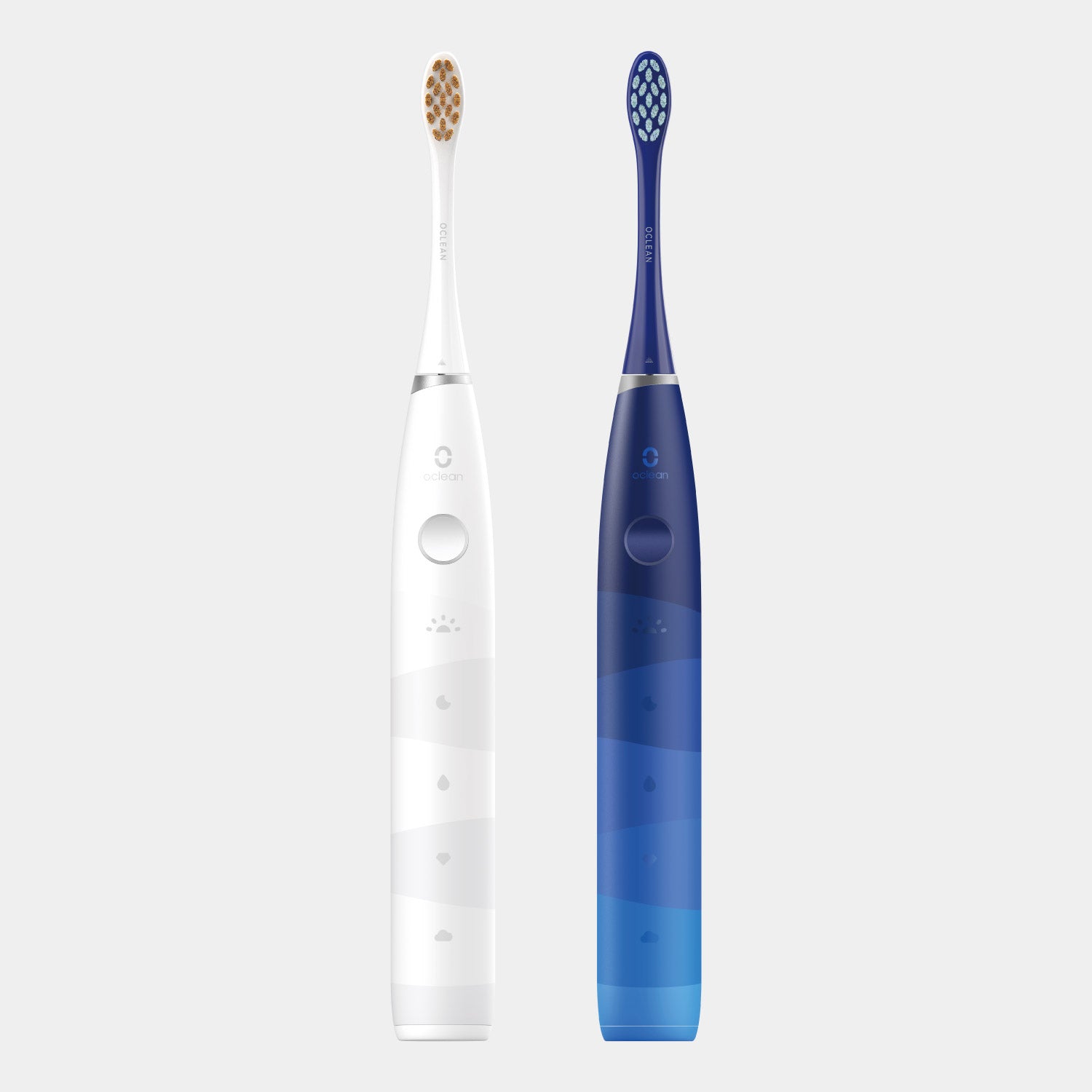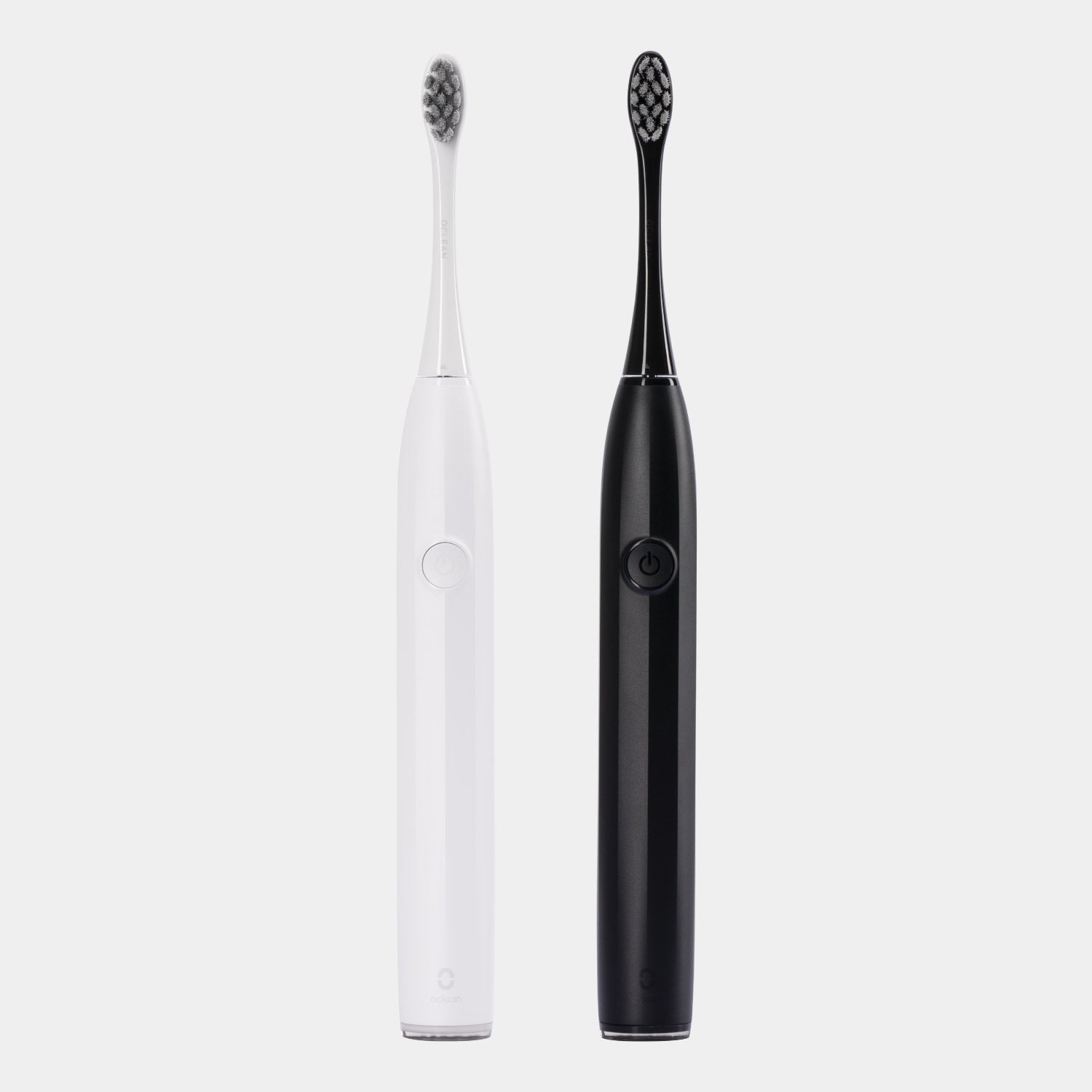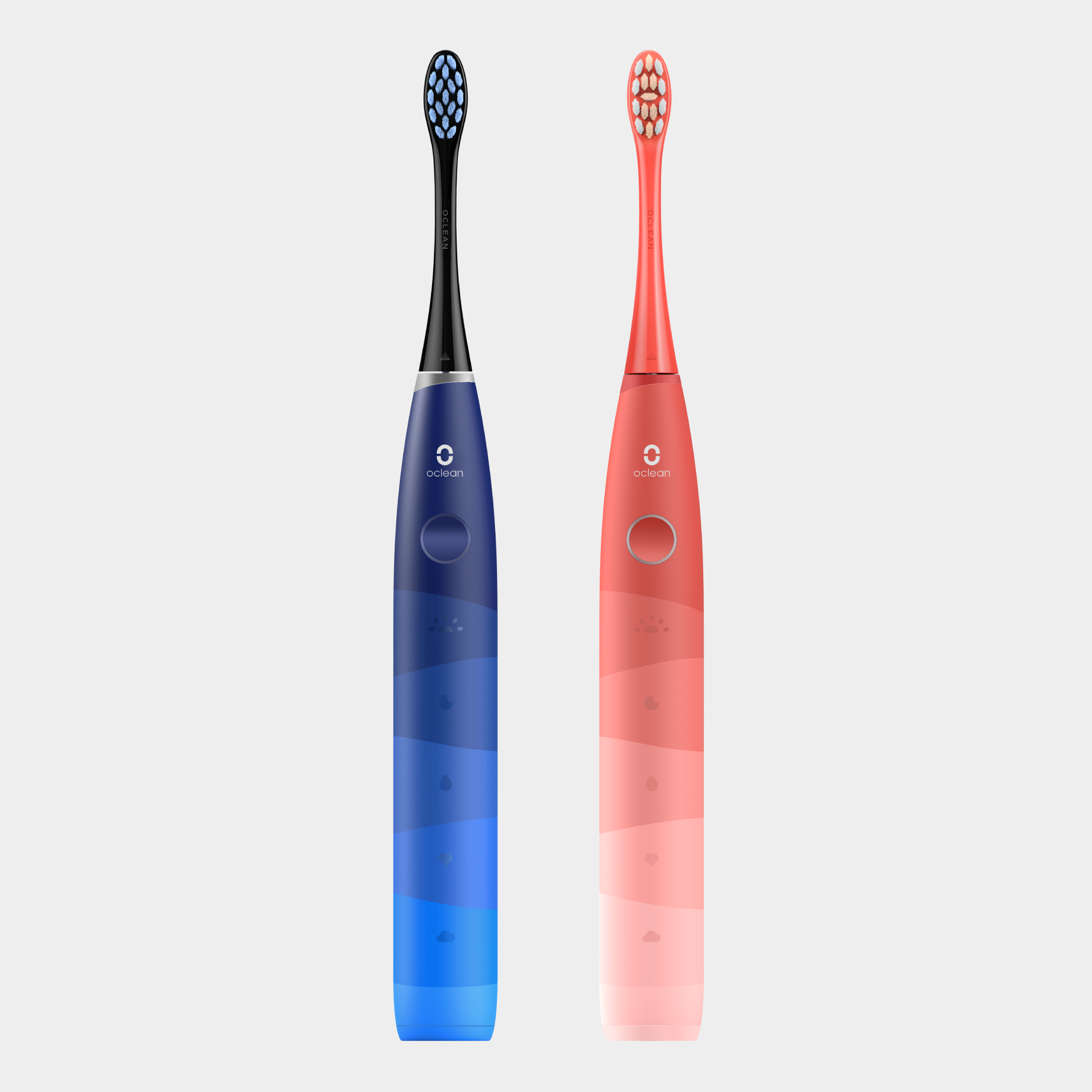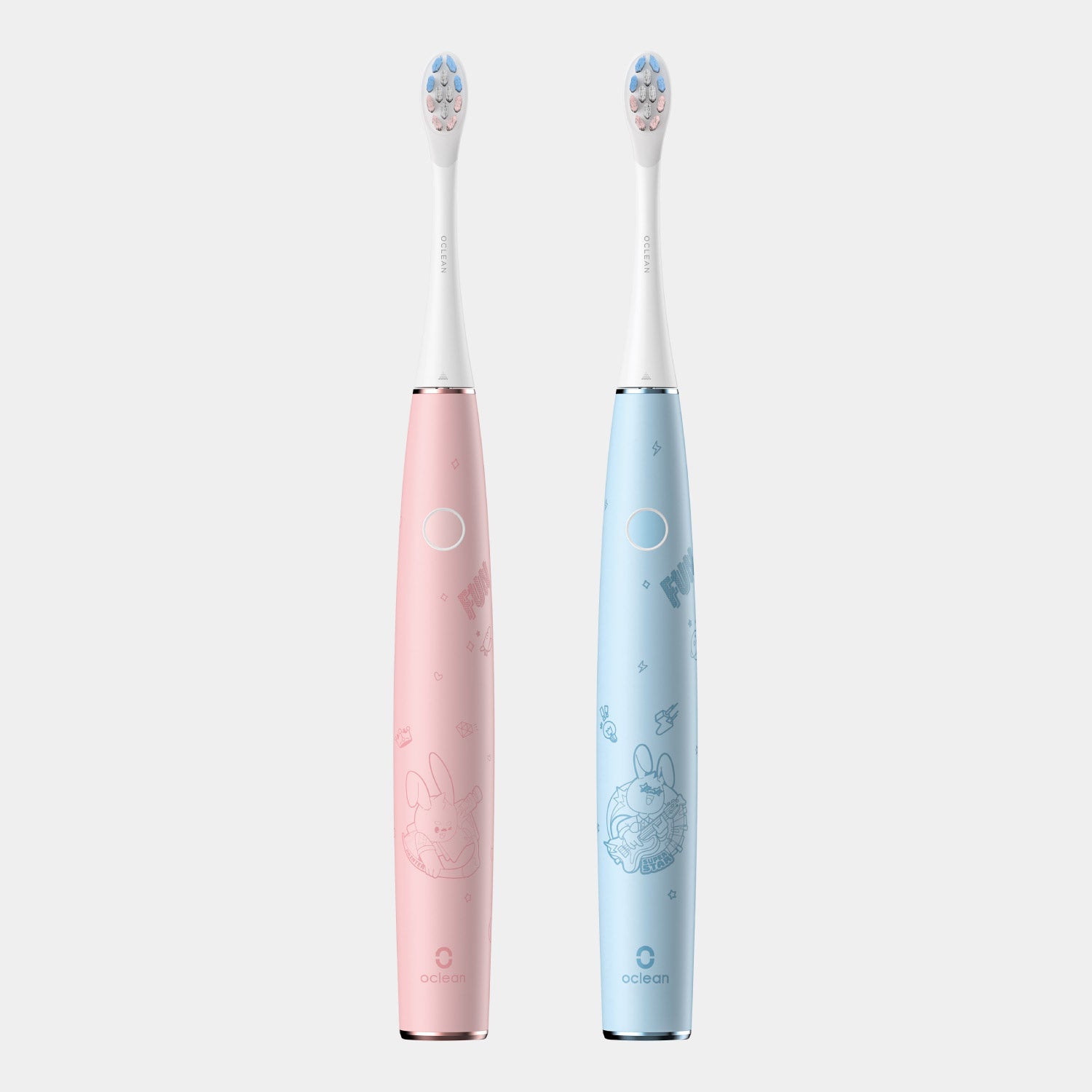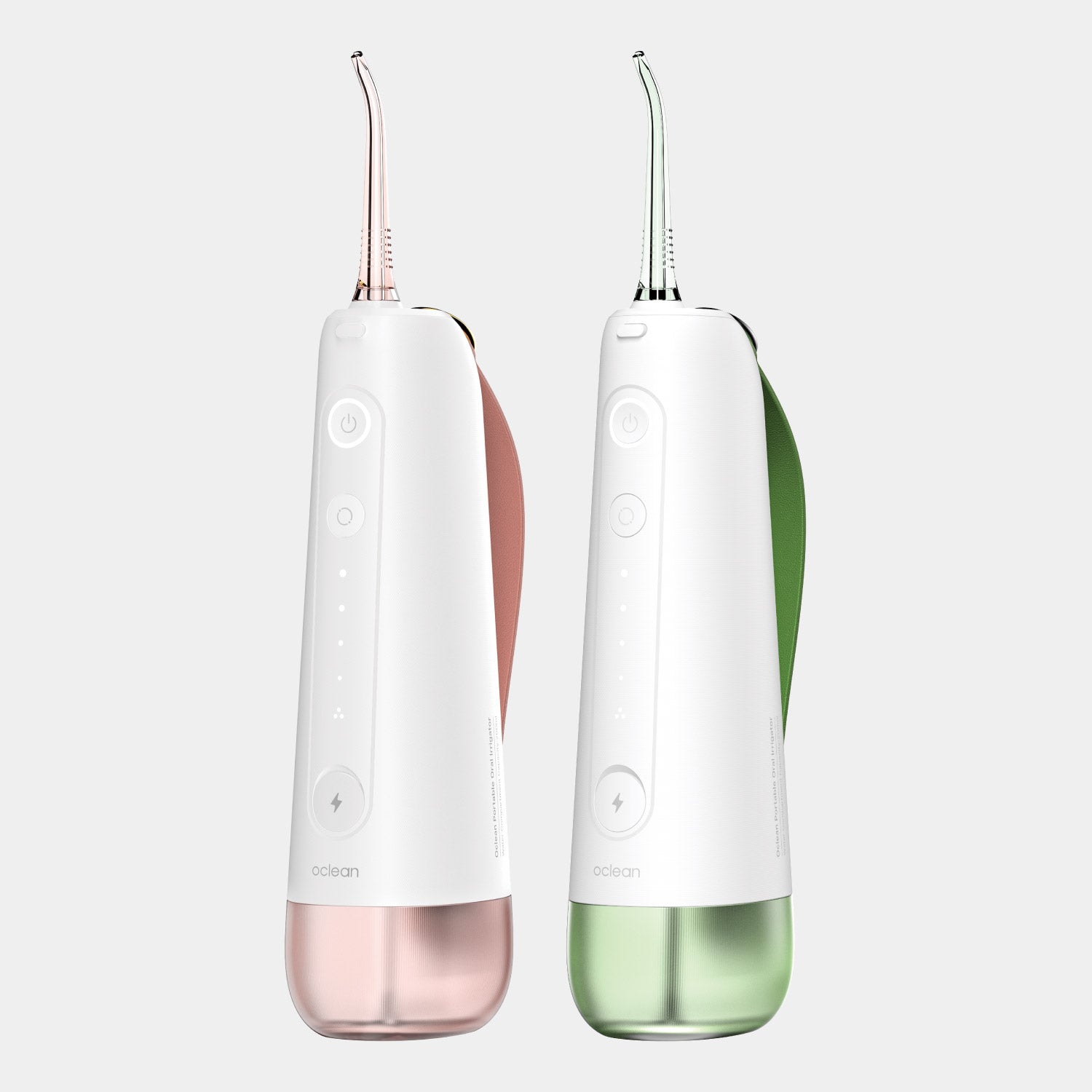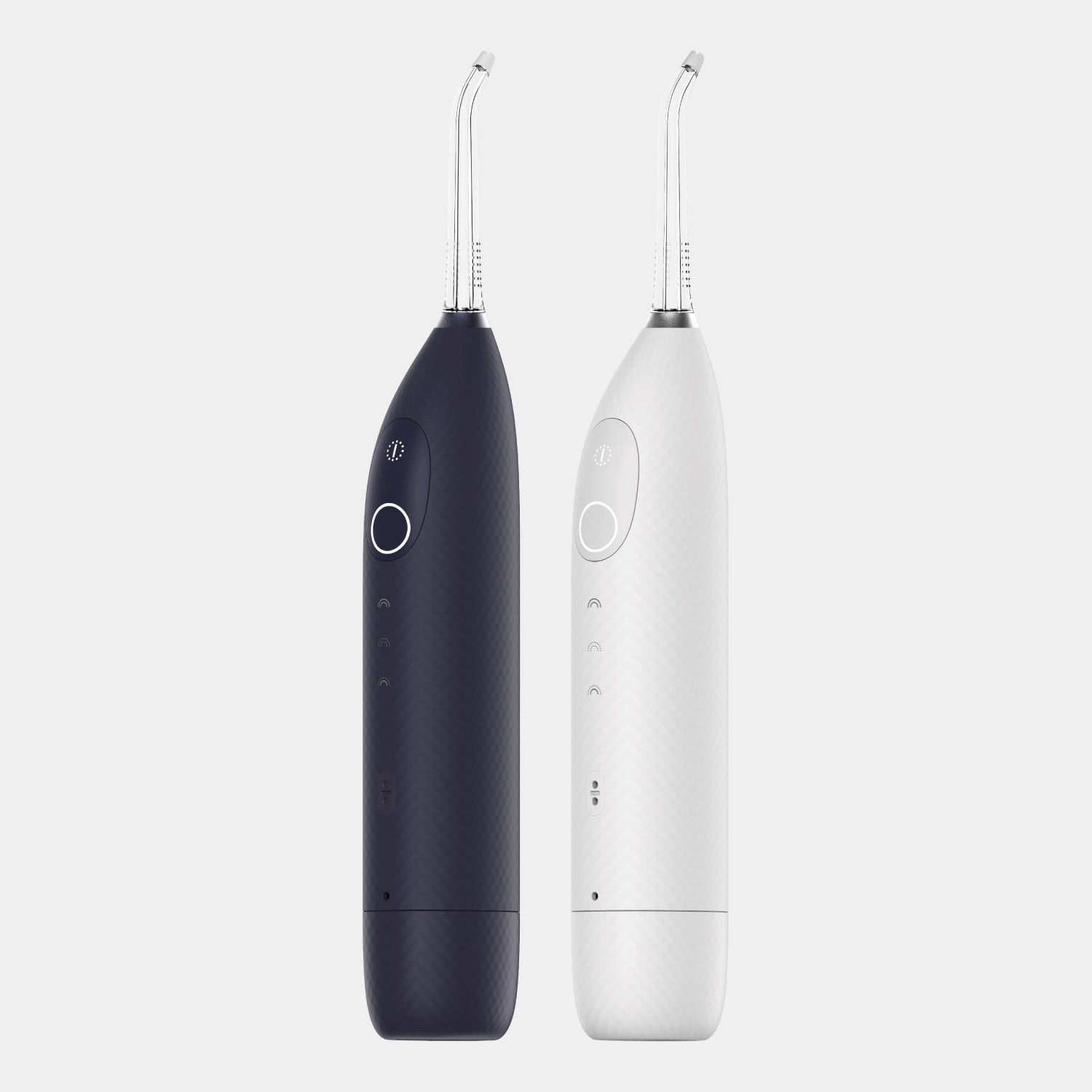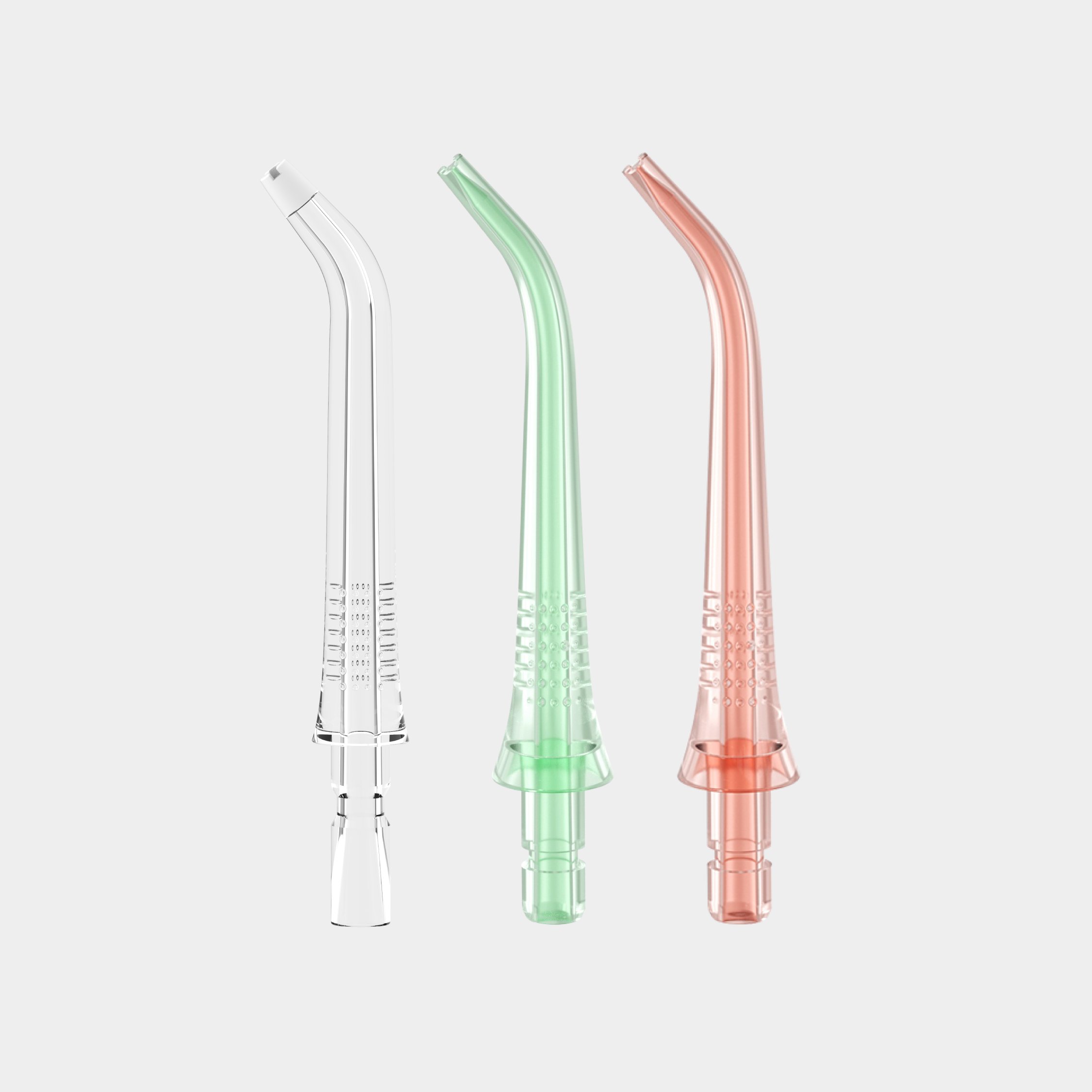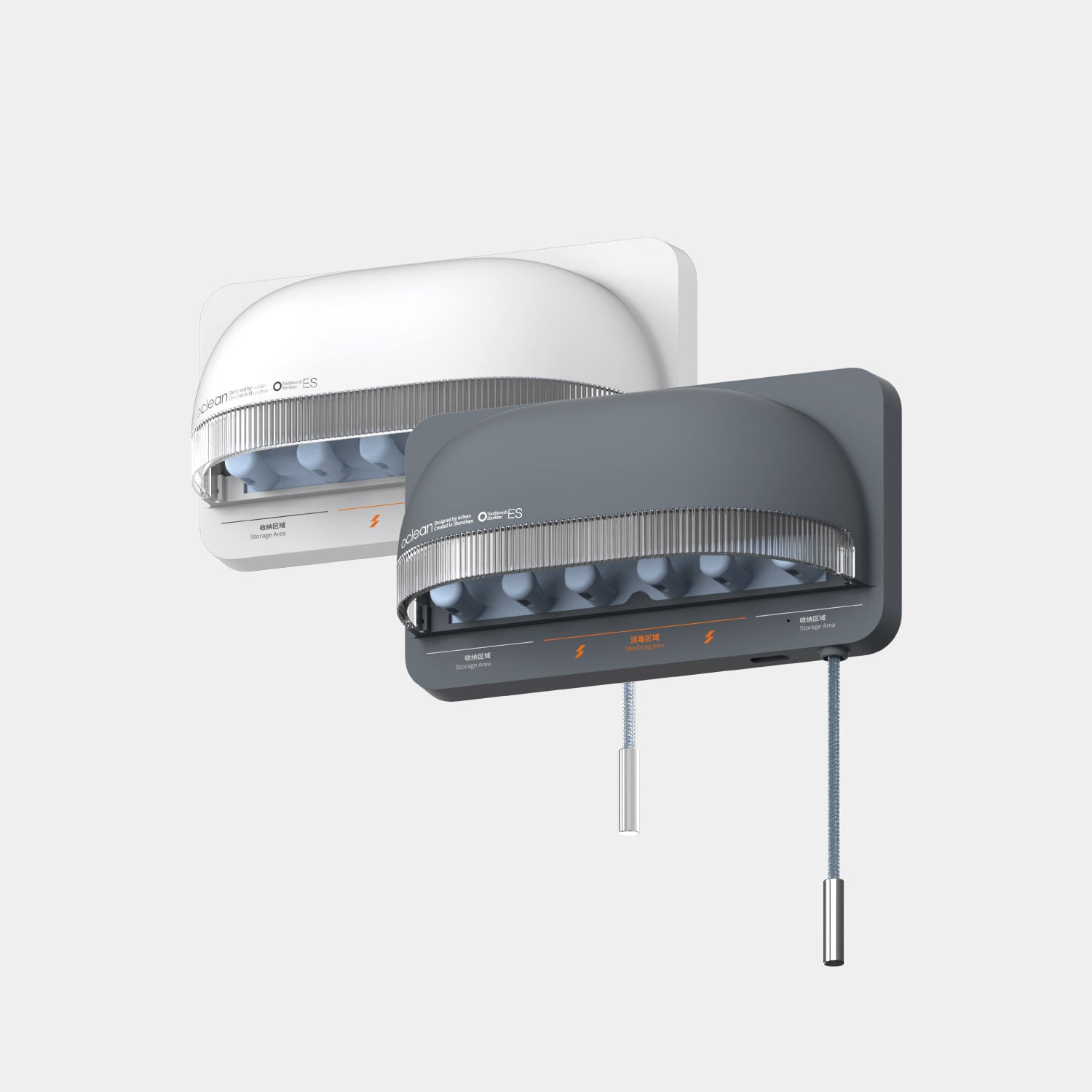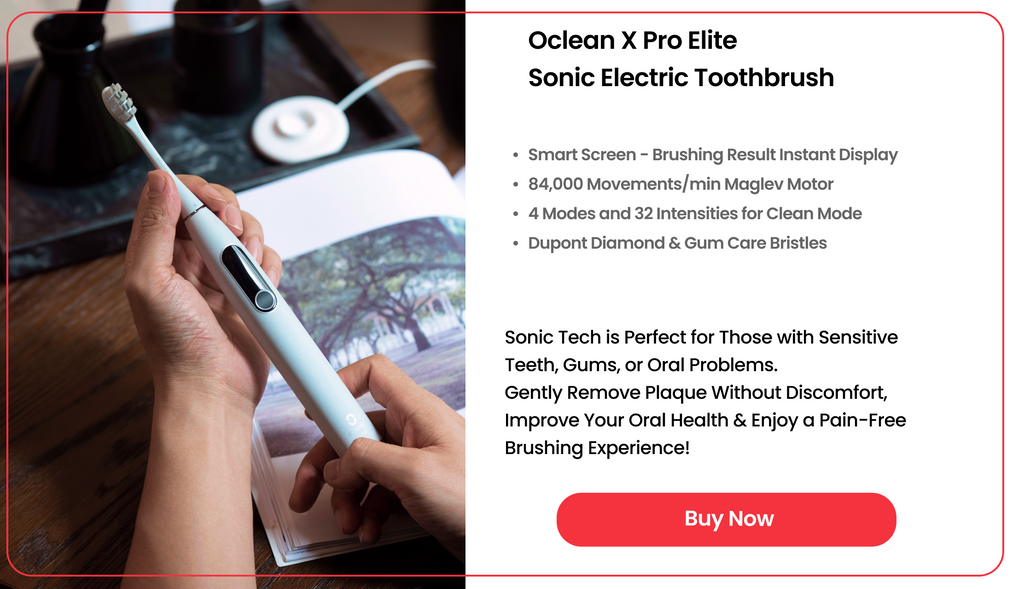Visiting a retail store’s dental section can be a stressful experience for practically everyone. There are so many different toothbrushes to pick from, and there are even more options now. Along with toothbrushes, activated charcoal-infused toothbrushes and charcoal floss pictures are now available.
Nylon bristles have been impregnated with activated charcoal in charcoal toothbrushes. Although bamboo toothbrushes with charcoal-infused bristles are natural and biodegradable, charcoal-infused bristles are not. Charcoal-infused toothbrushes with plastic handles, similar to the original toothbrush, are also available.
How do they work?
Activated charcoal is integrated into the bristles of charcoal toothbrushes. Brushing your teeth with a charcoal toothbrush directly applies the charcoal to your teeth. Charcoal is a fine-grained fuel made from the oxidation of coal, olive pits, coconut shells, and other materials. This powder is then activated by heating it to a high temperature, increasing its surface area, and making it more porous.
According to recent research, charcoal toothbrushes are somewhat more effective than regular toothbrushes. Continue reading to learn more about the science and benefits of charcoal toothbrushes.
Is it safe?
Currently, medical practitioners are split on the subject. Some experts believe it is safe to use finely ground and controlled doses of activated charcoal in a specifically prepared solution. However, substituting your toothpaste with activated charcoal or using it for a long time could damage your teeth’s enamel. Enamel does not contain live cells, and therefore if the charcoal gets too abrasive for the teeth, it cannot heal itself.
Because certain charcoal toothbrushes are composed of entirely biodegradable materials, experts advise against using nylon bristle toothbrushes. Nylon bristle toothbrushes are soft and sometimes can’t avoid moisture just because of this fact it can promote bacteria breed,
Nylon bristles retain moisture and can serve as a breeding ground for bacteria. On the other hand, pig or badger brushes may be too rough and abrasive. Although charcoal toothbrushes are trendy nowadays, taking advantage of dental care trends to improve your oral health should always be done after consulting with a qualified and experienced dentist. This will offer you a reliable and accurate answer.
Can you use a charcoal toothbrush every day?
Unfortunately, the American Dental Association has not given its seal of approval to charcoal toothbrushes. There are still far too many questions unresolved concerning them.
Many dentists worry that charcoal is excessively abrasive and will harm your tooth enamel. If you have veneers, dental bonding, crowns, or other tooth restorations, dental professionals recommend that you avoid using charcoal dental products. Even while restorations are strong, they are often less durable than natural teeth and are more susceptible to injury.
How long does a charcoal toothbrush last?
Charcoal toothbrushes, according to research, last longer than ordinary toothbrushes. Does this imply that you can stop throwing your toothbrush away every three months?
Not at all. Even though the bristles aren’t worn down as much, they still gather bacteria. Even if they accumulate it more slowly, you don’t want to continually re-exposing your teeth to old bacteria. Even with charcoal, a new toothbrush should be replaced every three months, exactly like a regular toothbrush or smart electric toothbrush head.
Conclusion:
It’s a relatively recent concept to use charcoal-infused toothbrushes. This means that the long-term consequences of utilizing them have yet to be thoroughly investigated. A few factors cause dental professionals to pause and prevent many of them from recommending charcoal-bristled toothbrushes to their patients. If you’re unsure, seek the advice of a dentist and inquire about the advantages before deciding to use one.
*Cover image from Freepik@pvproductions, we will delete it if constitutes infringement *



